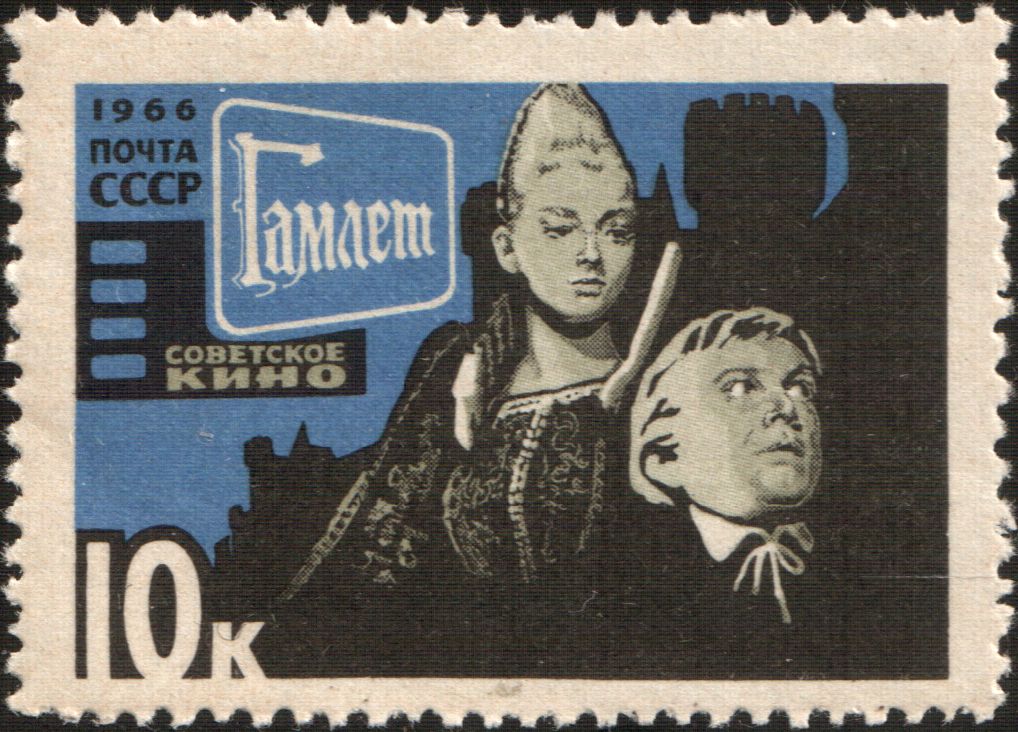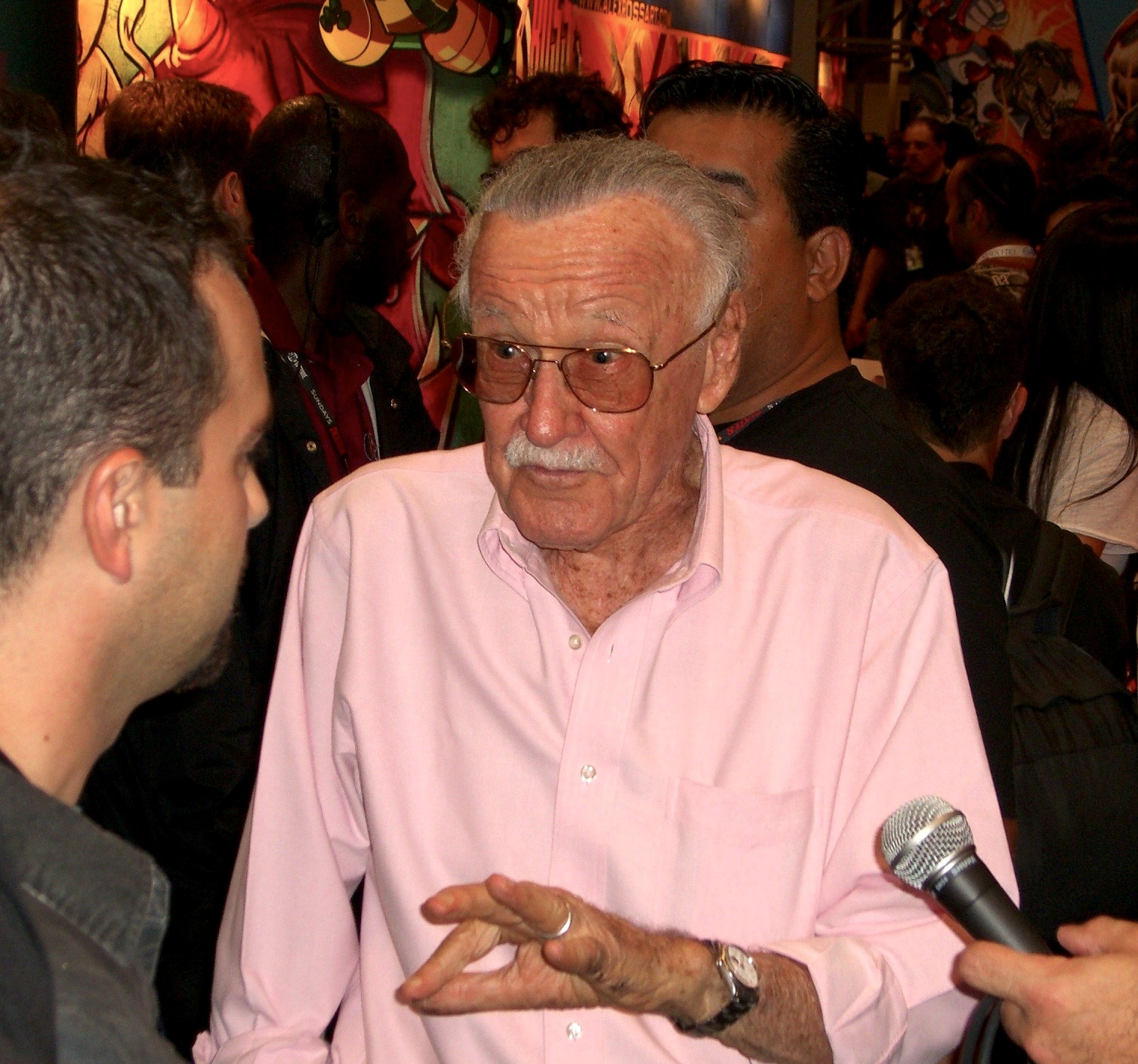|
Moscow Does Not Believe In Tears
''Moscow Does Not Believe in Tears'' (russian: Москва слезам не верит, Moskva slezam ne verit) is a 1980 Soviet romantic drama film made by Mosfilm. It was written by Valentin Chernykh and directed by Vladimir Menshov. The leading roles were played by Vera Alentova and Aleksey Batalov. The film won the Academy Award for Best Foreign Language Film in 1981. Plot Part One In 1958, three young women, Katerina, Lyudmila, and Antonina, live in Moscow in a workers' dormitory, having emigrated from rural villages. Antonina ( Raisa Ryazanova) is seeing Nikolai, a reserved but kind young man whose parents have a dacha in the country, while Katerina ( Vera Alentova) is serious and hardworking, working in a factory while dreaming of earning a degree in chemistry. When she is asked to house-sit for her well-to-do Moscow relatives, Lyudmila ( Irina Muravyova), flirty and impetuous, invites herself along and convinces Katerina to throw a dinner party as a ploy to meet suc ... [...More Info...] [...Related Items...] OR: [Wikipedia] [Google] [Baidu] |
Vladimir Menshov
Vladimir Valentinovich Menshov (russian: Влади́мир Валенти́нович Меньшо́в; 17 September 1939 – 5 July 2021)Умер Владимир Меньшов Tass.ru. 5 July 2021 was a Soviet Union, Soviet and Russian actor and film director. He was noted for depicting the Russian everyman and working class life in his films. Although Menshov mostly worked as an actor, he is better known for the films he directed, especially for the 1979 melodrama ''Moscow Does Not Believe in Tears'', which won the Academy Award for Best Foreign Language Film. Actress Vera Alentova, who starred in the film, is the mother of Vladimir Menshov's daughter Yuliya Menshova. Biography Menshov was born in a Russian family in B ...[...More Info...] [...Related Items...] OR: [Wikipedia] [Google] [Baidu] |
Yuri Vasilyev
Yury Nikolayevich Vasilyev (russian: Ю́рий Никола́евич Васи́льев; October 12, 1939 — June 4, 1999) was a Soviet and Russian stage and film actor. He is best known for film roles in '' The Journalist'' (1967) and ''Moscow Does Not Believe in Tears'' (1980). Sex symbol of the Soviet cinema. at the kino-teatr.ru Selected filmography * Washington's Story (1960) as Buddy Brooks * The Journalist (1967) as Yuri Aliabiev * |
Leonid Kharitonov (actor)
Leonid Vladimirovich Kharitonov (russian: Леонид Владимирович Харитонов; 1930–1987) was a Soviet Union, Soviet and Russian Soviet Federative Socialist Republic, Russian actor. He played in the films ''Private Ivan'', ''Ivan Brovkin on the State Farm'' and ''Street Full of Surprises''. Merited Artist of the Russian Federation, Honored Artist of the RSFSR (1972). Life He was born in Saint Petersburg, Leningrad on 19 May 1930, and died in Moscow on 20 June 1987, aged 57. Career Training In early life he was ambivalent about an acting career. Although he took part in amateur productions, and in the ninth grade applied to theatre school, he nevertheless chose to study law for a year at university, while continuing theatrical performance in his spare time. "In the play ''The Inspector'', he rocked the entire city of Leningrad; he played Bobchinsky and it was after this role that he again seriously considered an acting career." That summer, the Moscow Art ... [...More Info...] [...Related Items...] OR: [Wikipedia] [Google] [Baidu] |
Georgi Yumatov
Georgi Aleksandrovich Yumatov ( rus, Гeopгий Алeксандpoвич Юматов, p=ɡʲɪˈorɡʲɪj jʊˈmatəf; 11 March 1926 – 6 October 1997) was a Soviet and Russian film actor. He appeared in 72 films between 1946 and 1994. He was a People’s Artist of the RSFSR (1982). Biography Yumatov was born on 11 March 1926 in Moscow into a Russian family. A veteran of the Great Patriotic War. During 1941—1942 he studied at the Naval School. In 1942 he was enrolled as a cabin boy on the torpedo boat "The Brave", and a year later he became its helmsman. He participated in the siege of Budapest. He distinguished himself in the battle for Vienna in the assault on the bridge. During this battle he was awarded the Medal of Ushakov. He was wounded several times and also shell-shocked. After the war he returned to Moscow and was noticed by Grigori Aleksandrov in a cafe. He invited Yumatov for a small part in his upcoming comedy ''Spring'' (1947).Elizaveta MaetnayaFatal Muse ... [...More Info...] [...Related Items...] OR: [Wikipedia] [Google] [Baidu] |
Innokenty Smoktunovsky
Innokenty Mikhailovich Smoktunovsky (russian: Иннокентий Михайлович Смоктуновский; born ''Smoktunovich'', 28 March 19253 August 1994) was a Soviet and Russian stage and film actor. He was named a People's Artist of the USSR in 1974 and a Hero of Socialist Labour in 1990. Early life Smoktunovsky was born in a Siberian village in a peasant family of Belarusian ethnicity.Dubrovsky, V. Ya. (2002) ''Иннокентий Смоктуновский. Жизнь и роли''. B. M. Poyurovsky (ed.), Moscow: Iskusstvo. . It was once rumored that he came from a Polish family, even nobility, but the actor himself denied these theories by stating his family was Belarusian and not of nobility. He served in the Red Army during World War II and fought in Kursk, Dnipro and Kyiv battles. In 1946, he joined a theatre in Krasnoyarsk, later moving to Moscow. In 1957, he was invited by Georgy Tovstonogov to join the Bolshoi Drama Theatre of Leningrad, where he st ... [...More Info...] [...Related Items...] OR: [Wikipedia] [Google] [Baidu] |
Andrei Voznesensky
Andrei Andreyevich Voznesensky (russian: link=no, Андре́й Андре́евич Вознесе́нский, 12 May 1933 – 1 June 2010) was a Soviet and Russian poet and writer who had been referred to by Robert Lowell as "one of the greatest living poets in any language." He was one of the "Children of the '60s," a new wave of iconic Russian intellectuals led by the Khrushchev Thaw. Voznesensky was considered "one of the most daring writers of the Soviet era" but his style often led to regular criticism from his contemporaries and he was once threatened with expulsion by Nikita Khrushchev. He performed poetry readings in front of sold-out stadiums around the world, and was much admired for his skilled delivery. Some of his poetry was translated into English by W. H. Auden. Voznesensky's long-serving mentor and muse was Boris Pasternak, the Nobel Laureate and the author of ''Doctor Zhivago''. Before his death, he was both critically and popularly proclaimed "a living ... [...More Info...] [...Related Items...] OR: [Wikipedia] [Google] [Baidu] |
Cameo Appearance
A cameo role, also called a cameo appearance and often shortened to just cameo (), is a brief appearance of a well-known person in a work of the performing arts. These roles are generally small, many of them non-speaking ones, and are commonly either appearances in a work in which they hold some special significance (such as actors from an original movie appearing in its remake) or renowned people making uncredited appearances. Short appearances by celebrities, film directors, politicians, athletes or musicians are common. A crew member of the movie or show playing a minor role can be referred to as a cameo role as well, such as Alfred Hitchcock's frequent cameos. Concept Originally, in the 1920s, a "cameo role" meant "a small character part that stands out from the other minor parts". The ''Oxford English Dictionary'' connects this with the meaning "a short literary sketch or portrait", which is based on the literal meaning of " cameo", a miniature carving on a gemstone. More re ... [...More Info...] [...Related Items...] OR: [Wikipedia] [Google] [Baidu] |
Garri Bardin
Garri Yakovlevich Bardin (russian: Гарри Яковлевич Бардин; born September 11, 1941) is a Soviet and Russian animation director, screenwriter, producer and actor best known for his experimental musical and stop motion films.''Sergei Kapkov (2006)''. Encyclopedia of Domestic Animation, pp. 92-94 He was awarded the 1988 Short Film Palme d'Or for the ''Fioritures'' cartoon and the Order of Honour in 2011. [...More Info...] [...Related Items...] OR: [Wikipedia] [Google] [Baidu] |
Vladimir Basov
Vladimir Pavlovich Basov (russian: link=no, Владимир Павлович Басов; 28 July 192317 September 1987) was a Soviet Russian actor, film director and screenwriter. People's Artist of the USSR (1983). Biography Vladimir Basov was born in the Urazovo village, Voronezh Governorate (now Belgorod Oblast) to Pavel Basov (Basultainen) and Aleksandra Basova.Bodanova L. I., ''Vladimir Basov. In Direction, in Life and Love.'' Moscow, 2014. p. 3-8 His father was a University of Tartu, Tartu alumnus of Finnish ethnicity who joined Bolsheviks during the October Revolution, revolution. "Basov" was his party alias later adopted as a family name. He served as an officer and political commissar up until his death in 1931. Vladimir's mother Aleksandra Ivanovna was a daughter of a Russian Orthodox Church, Russian Orthodox priest from Engels, Saratov Oblast, Pokrovsk. She met Pavel during the Russian Civil War, Civil War; he was a runaway and asked for shelter. During the 1920s she t ... [...More Info...] [...Related Items...] OR: [Wikipedia] [Google] [Baidu] |
Oleg Tabakov
Oleg Pavlovich Tabakov (russian: Олег Павлович Табаков; 17 August 1935 – 12 March 2018) was a Soviet and Russian actor and the Artistic Director of the Moscow Art Theatre. People's Artist of the USSR (1988). Biography Tabakov was born in Saratov into a family of doctors. His paternal great-grandfather, Ivan Ivanovich Utin, came from serfs and was raised in a wealthy peasant family under the Tabakov surname. His grandfather, Kondratiy Tabakov, worked as a locksmith in Saratov where he built himself a house and married a local commoner Anna Konstantinovna Matveeva. Oleg's father, Pavel Kondratievich Tabakov, worked at the State Regional Research Institute of Epidemiology and Microbiology "Microbe" in Saratov.''Oleg Tabakov, Anatoly Smelyanskiy (2000)''. My Real Life. — Moscow: Eksmo-Press, pp. 22—48 (Autobiography) His maternal grandfather, Andrei Frantzevich Piontkovsky, was a Polish nobleman who owned lands in the Podolia Governorate and married a ... [...More Info...] [...Related Items...] OR: [Wikipedia] [Google] [Baidu] |
Natalya Vavilova
Natalya Dmitrievna Vavilova (russian: Наталья Дмитриевна Вавилова, born 26 January 1959) is a Russian film actress. Biography Vavilova started her career as an actress at the age of fourteen. She appeared in several pictures in supporting roles. In 1984, Natalya Vavilova graduated from the All-Union State Institute of Cinematography, studying under Yevgeny Matveyev, an acclaimed Russian actor and director. Her classmate was Alim Kouliev. Success and fame followed her role of Aleksandra Tikhomirova in the Academy Award for Best Foreign Language Film picture ''Moscow Does Not Believe in Tears''. While being filmed for the picture ''Nikolai Podvoisky'', she fell from a horse and suffered a spinal trauma. Her last film was ''The Sukhovo-Kobylin Case''. After she accomplished that work, Natalya Vavilova stopped pursuing her acting career. Since that time she has avoided all contacts with the press. She lived with her husband, Russian film director Samv ... [...More Info...] [...Related Items...] OR: [Wikipedia] [Google] [Baidu] |
_07.jpg)




